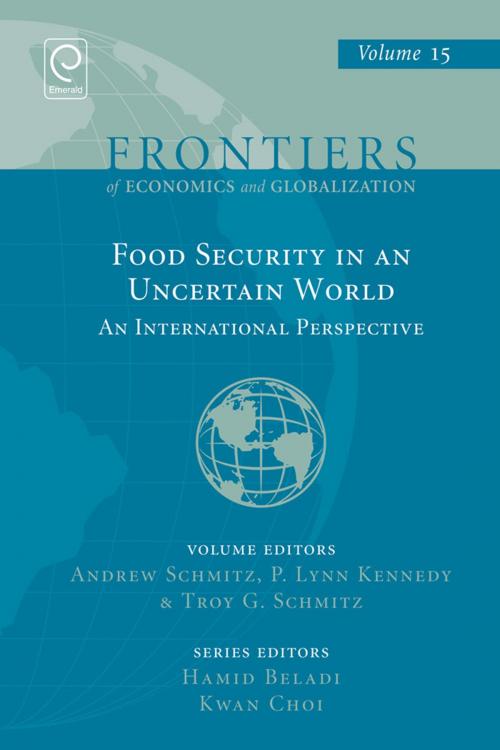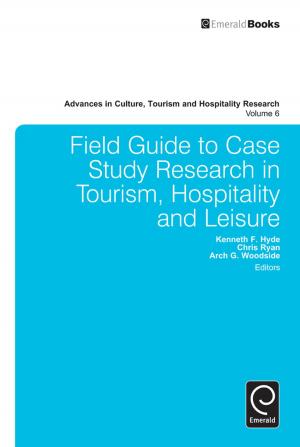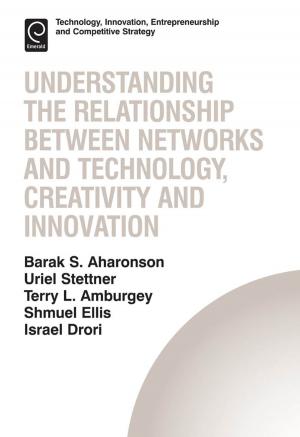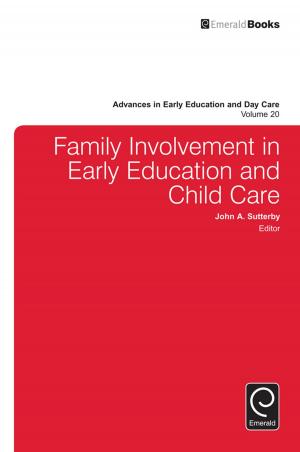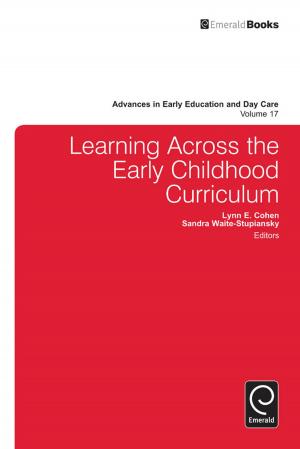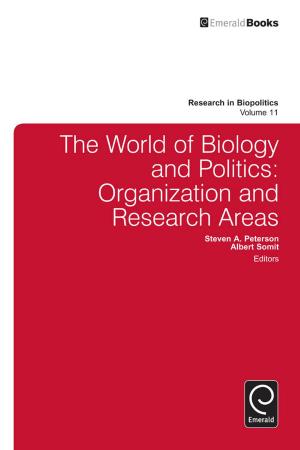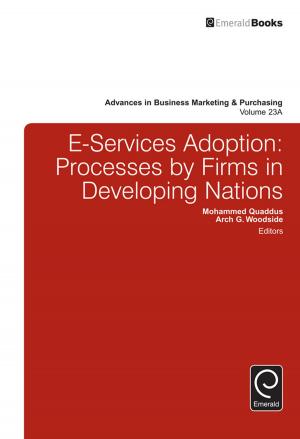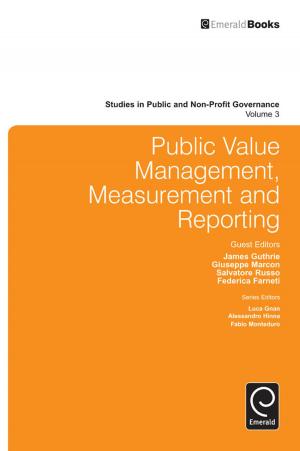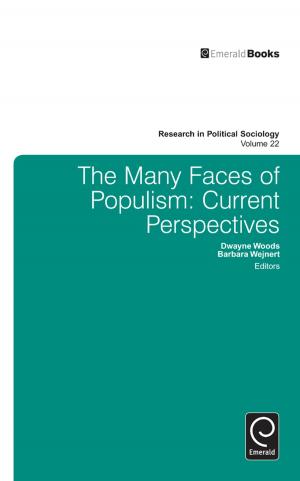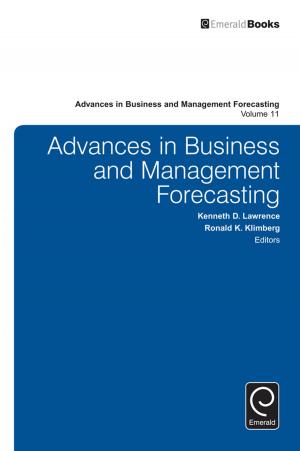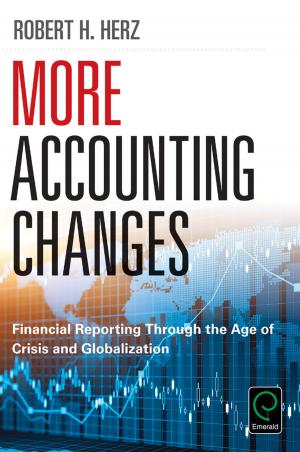Food Security in an Uncertain World
An International Perspective
Business & Finance, Economics, Sustainable Development, Economic Development| Author: | Andrew Schmitz, P. Lynn Kennedy, Troy G. Schmitz | ISBN: | 9781785602122 |
| Publisher: | Emerald Group Publishing Limited | Publication: | December 15, 2015 |
| Imprint: | Emerald Group Publishing Limited | Language: | English |
| Author: | Andrew Schmitz, P. Lynn Kennedy, Troy G. Schmitz |
| ISBN: | 9781785602122 |
| Publisher: | Emerald Group Publishing Limited |
| Publication: | December 15, 2015 |
| Imprint: | Emerald Group Publishing Limited |
| Language: | English |
International trade agreements are central to food security. The links between trade and the four dimensions in food security (availability, access, utilization, and stability) are examined. Freer trade in agricultural products provides additional food security. This is bolstered by factors such as increasing the use of GMOs, reducing food waste, and increasing investment in research and development. Also important is the ability of poor people to obtain food in the presence of transportation bottlenecks. Since low-income households spend most of their money on food, policy makers need to be aware of the harm caused by high and volatile food prices. Thus, food security and poverty are very much linked. We provide an understanding of the meaning and measurement of food security and the impacts of government policies in poverty alleviation. In terms of investment in research and development, even with increased productivity, problems attached to food security will remain unless there are significant changes in global income distribution. Global food shortages are due more to the lack of purchasing power rather than lack of food supplies, with the food gap continuing to widen.
International trade agreements are central to food security. The links between trade and the four dimensions in food security (availability, access, utilization, and stability) are examined. Freer trade in agricultural products provides additional food security. This is bolstered by factors such as increasing the use of GMOs, reducing food waste, and increasing investment in research and development. Also important is the ability of poor people to obtain food in the presence of transportation bottlenecks. Since low-income households spend most of their money on food, policy makers need to be aware of the harm caused by high and volatile food prices. Thus, food security and poverty are very much linked. We provide an understanding of the meaning and measurement of food security and the impacts of government policies in poverty alleviation. In terms of investment in research and development, even with increased productivity, problems attached to food security will remain unless there are significant changes in global income distribution. Global food shortages are due more to the lack of purchasing power rather than lack of food supplies, with the food gap continuing to widen.
